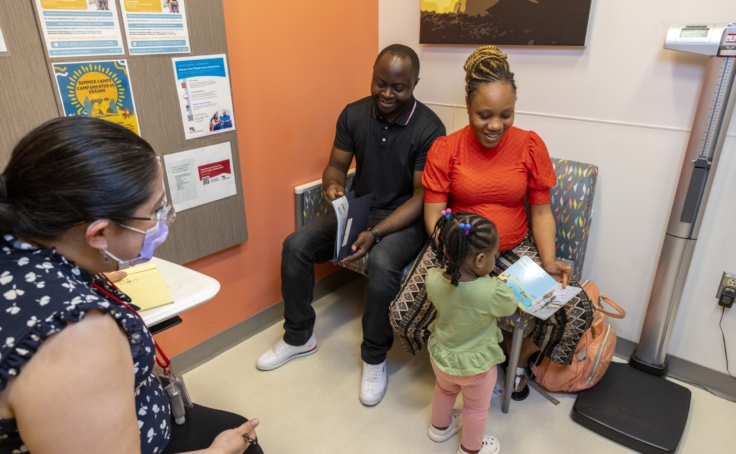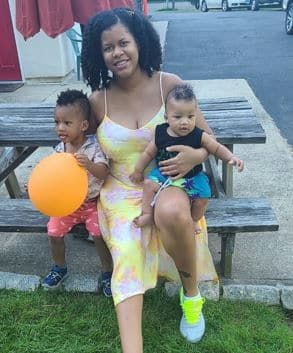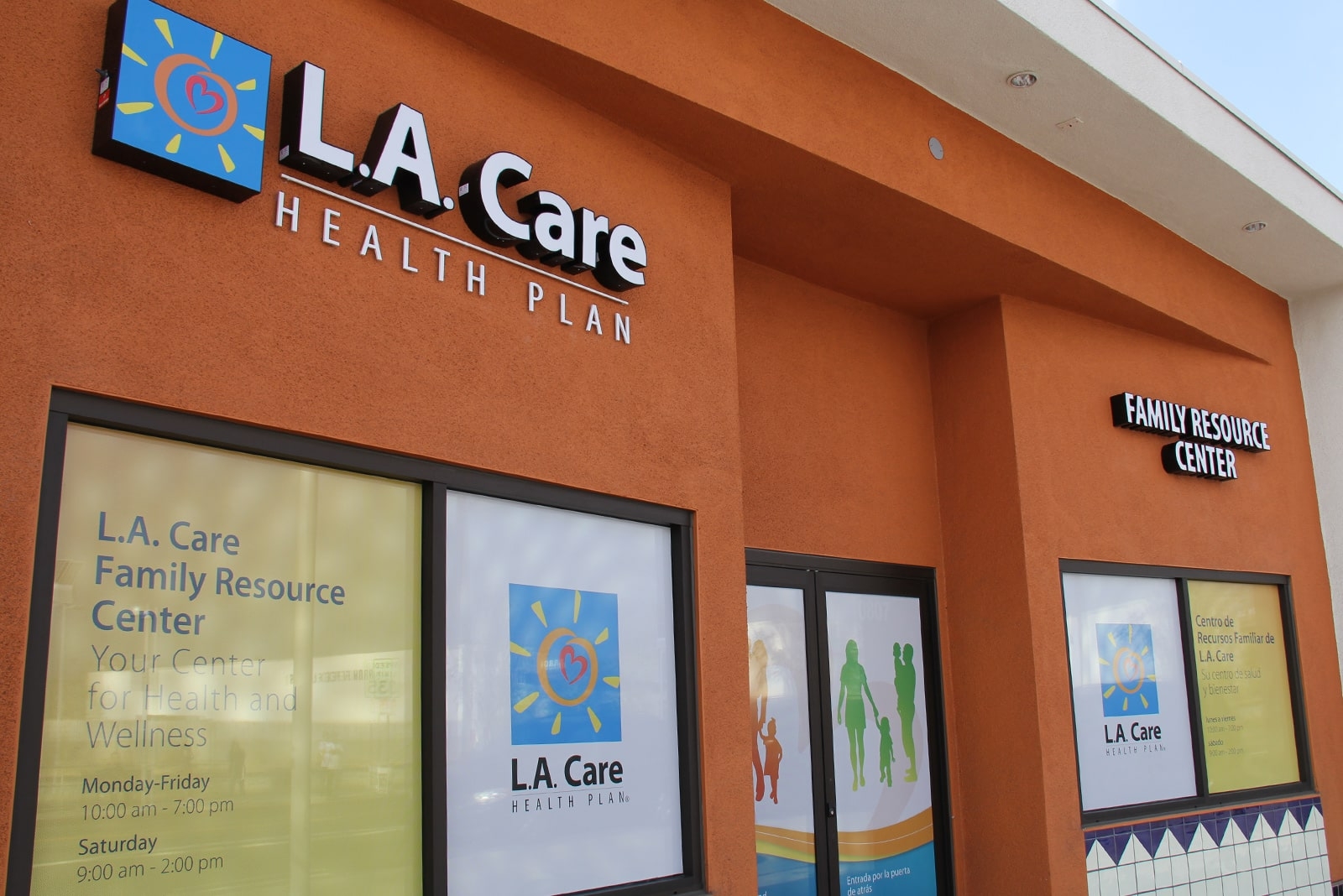How HealthySteps Supports Care Coordination and Referrals
ZERO TO THREE’s HealthySteps is a pediatric primary care program that supports families in fostering their young children’s development and early learning. The program helps improve access to and use of developmental services, including early intervention.
A HealthySteps Specialist joins the care team, working closely with families to understand their needs, identify potential challenges early, and ensure care systems are responsive and well-coordinated.




